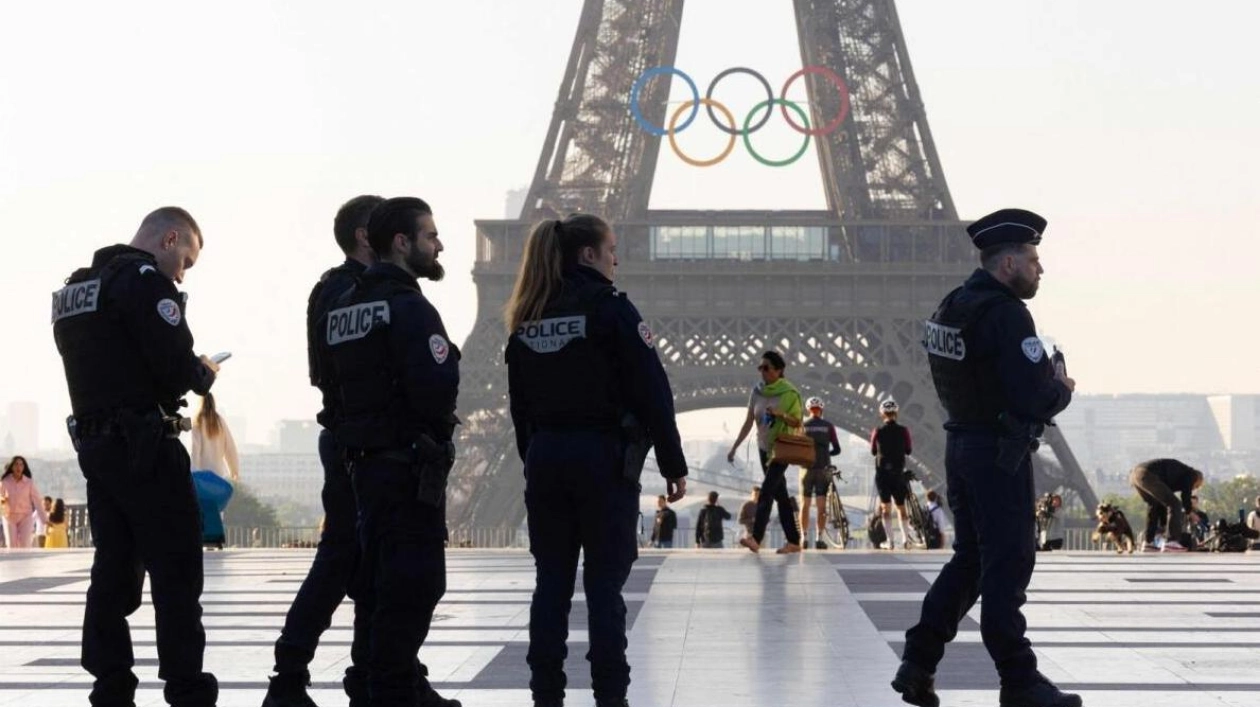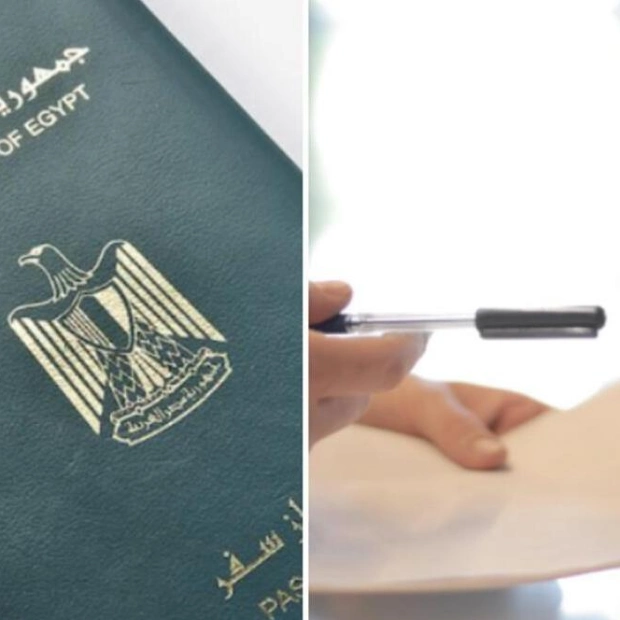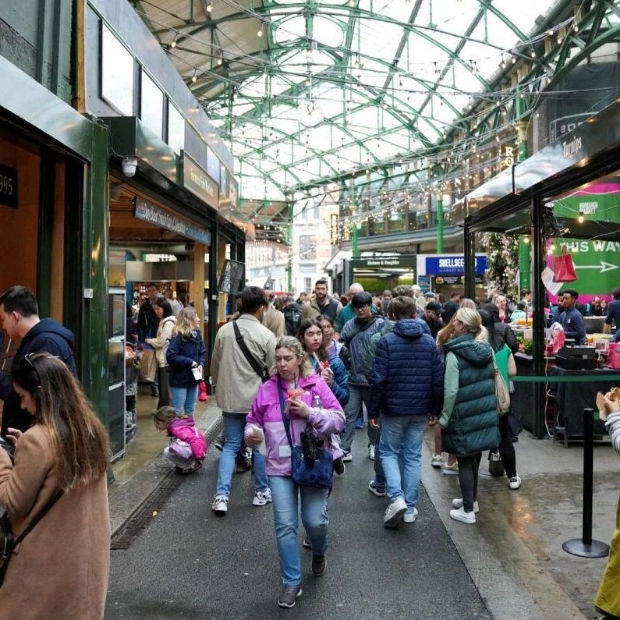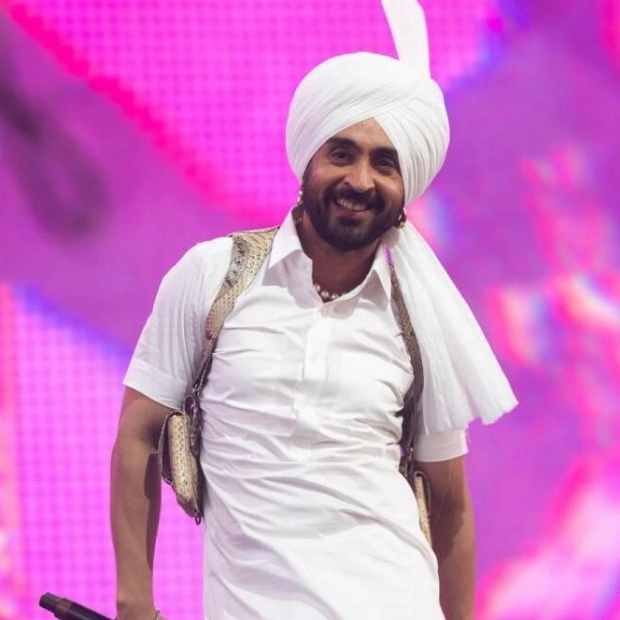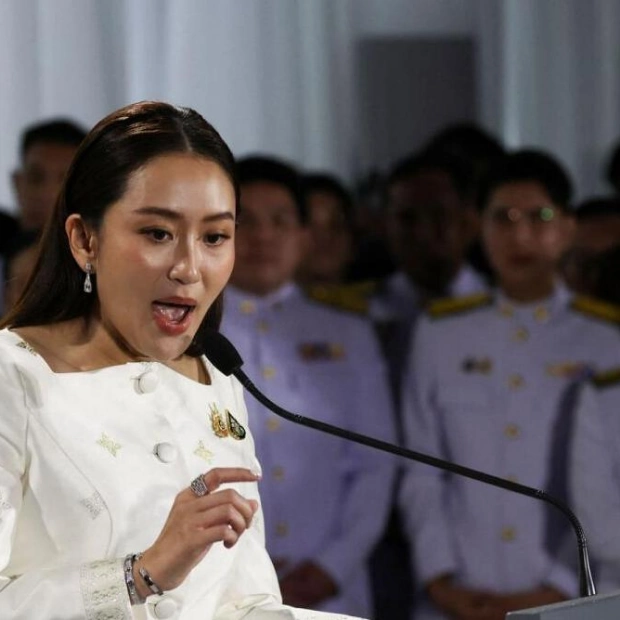The lofty ambitions of the Paris Olympics rendered them both daring and challenging to manage, yet French security forces ensured the safety of thousands of athletes and millions of spectators, earning a 'gold medal' accolade from Interior Minister Gerald Darmanin. The two-week athletic spectacle, which concluded on Sunday, necessitated a security operation unparalleled in recent French history, involving the deployment of approximately 75,000 police, military personnel, and private security guards on the opening night of July 26.
Over the past two weeks, there were isolated incidents—an assault on the French railway system, a trespasser at the men's 100m final—but nothing that significantly tarnished the event, much to the relief of the organizers. Darmanin praised the security efforts, stating that these Games not only yielded French medals but also a significant achievement for the interior ministry and security forces. His comments, tinged with pride and relief, mirrored the considerable anxiety and skepticism that preceded the Games regarding France's ability to handle the immense security demands.
The initial challenge was safeguarding the Olympic torch relay, traversing 450 French towns and cities along with overseas territories. Subsequent unexpected parliamentary elections and the groundbreaking opening ceremony along a six-kilometer stretch of the Seine added to the logistical nightmares. Despite heavy rains, the 300,000 spectators along the riverbanks faced no security issues, thanks to the extensive presence of uniformed officers.
Nicole Deal, security chief for Team USA, lauded the security measures, describing them as unparalleled in her experience. The two-week competition saw packed stadiums, with a peak attendance of 743,000 on July 30. Other events, from the triathlon to the marathon, unfolded through the streets of Paris, drawing crowds of up to a million for the cycling races.
Alain Bauer, a French criminologist and university professor, commended the French security services, attributing their success to significant investments and crucial adjustments, including a reduction in the opening ceremony's crowd size. Amidst concerns about potential Russian interference and domestic security threats, the arrest of a suspected Russian intelligence operative heightened tensions.
However, not all aspects of the security operation were met with praise. Charities and protest groups criticized the heavy-handed policing of vulnerable groups and the suppression of anti-Olympics demonstrations. Environmental activists from Extinction Rebellion and the 'Saccage 2024' group faced detention and interference, highlighting broader concerns about the Games' impact and the democratic rights of protesters.
